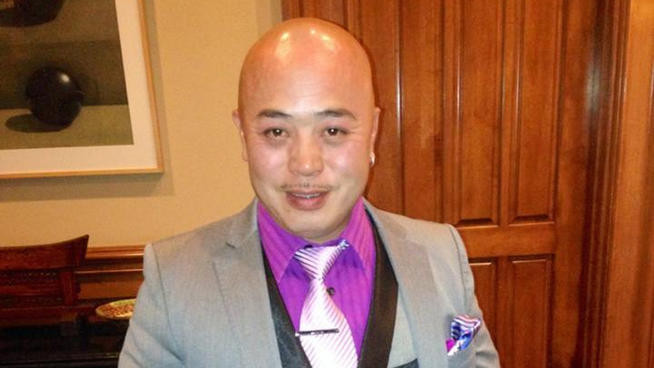FBI Threw 'Millions' At Raymond 'Shrimp Boy' Chow in Chinatown Sting

Lawyers for San Francisco gangster Raymond "Shrimp Boy" Chow claim their client was entrapped, after FBI agents spent millions wining and dining him in an elaborate sting.
Posing as businessmen and a mafia figure, the agents lured Chow and several associates to agree to take part in criminal schemes, with state senator Leland Yee among those indicted on charges including money laundering, public corruption and gun trafficking.
With the case moving into its second month, lawyers for Chow claim their client was entrapped, and made to take part in criminal schemes that he would otherwise have avoided.
However, legal experts say that entrapment defences are rarely successful, as the defendant has to prove not just that they wouldn't have committed the crimes unless persuaded by undercover agents, but that they had no predisposition to commit them.
"Entrapment is often raised but seldom successful," said Notre Dame University law school professor Jimmy Gurule, a former federal prosecutor and high-ranking U.S. Department of Justice official under President George HW Bush, told AP.
Entrapment claims work in court only in "extreme cases of outrageous government conduct," Gurule said.
"The FBI is not going to approach every politician with a bag full of money," Gurule said.
Senator Yee is accused of accepting thousands of dollars in campaign contributions in return for political favours from FBI agents posing as business owners from Sacramento.
Chow is accused of running a San Francisco Chinatown group that prosecuters say served as a front for criminal activities.
J Tony Serra, representing Chow, argues that much of the case against his client was built by federal agents who were "wining and dining" their targets with $250 shots at high-end restaurants, making persistent offers to break the law.
"The undercover agents sought to induce him, sought to involve him, sought to catch him in some overt act that represented criminal activity," Serra said.
He claims that $58,000 that Chow accepted from undercover agents were legal gratuities, not kickbacks for illegal activity.
Chow has pleaded not guilty.
© Copyright IBTimes 2025. All rights reserved.






















